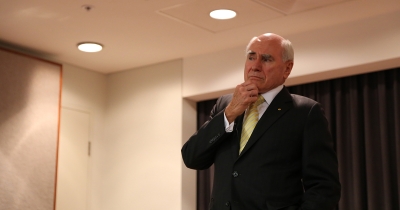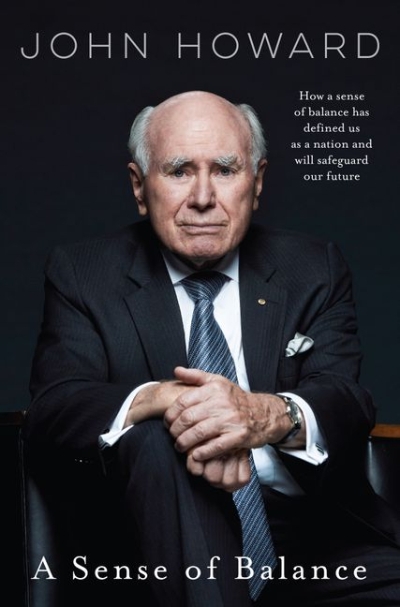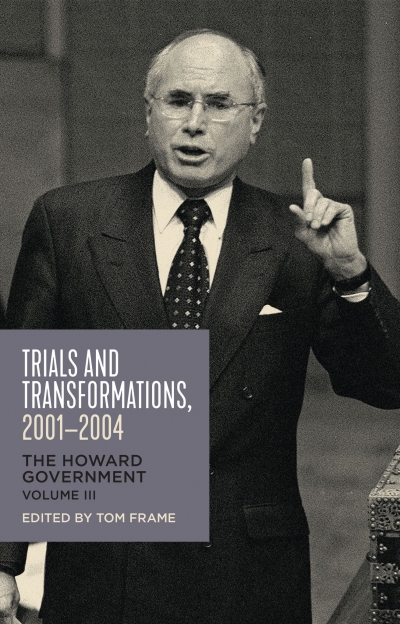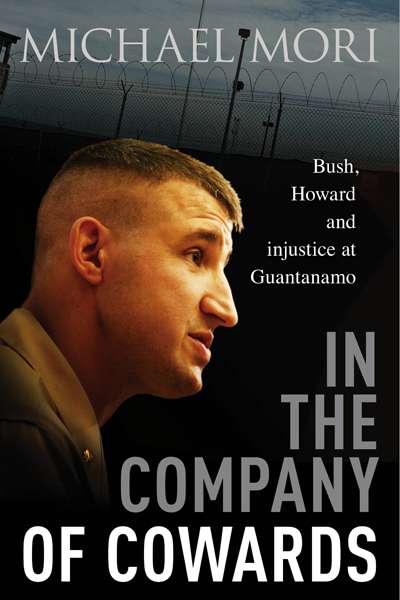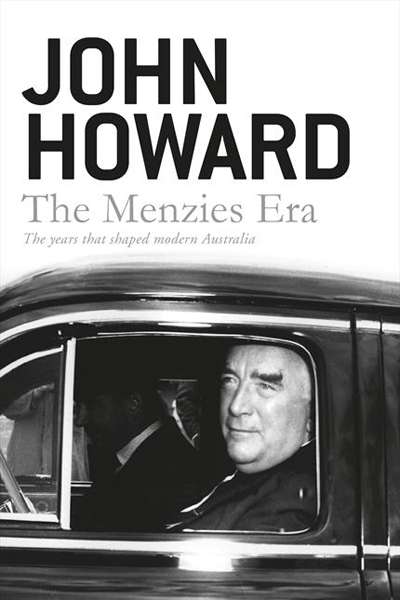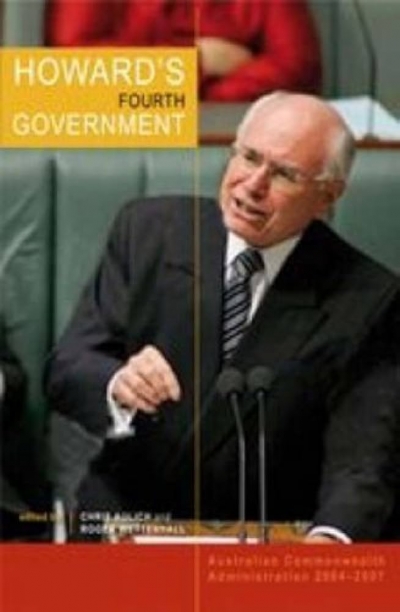John Howard
Why did Australia vote against the Voice referendum?
... (read more)Trials and Transformations, 2001–2004: The Howard government, Volume III by Tom Frame
by Lyndon Megarrity •
Back from the Brink, 1997–2001: The Howard Government Volume II edited by Tom Frame
by Lyndon Megarrity •
In the Company of Cowards: Bush, Howard and injustice at Guantanamo by Michael Mori
by Ben Saul •
The Menzies Era: The years that shaped modern Australia by John Howard
by James Walter •
The People Smuggler: The True Story of Ali al Jenabi, the ‘Oskar Schindler of Asia’ by Robin de Crespigny
by Paul Morgan •
John Howard and Tony Blair both came to the prime ministership in landslides, Howard in 1996, Blair in 1997. They were on opposite sides of the traditional political divide, Howard leading a Liberal Party opposed to Australian Labor and Blair leading the British Labour Party ...
... (read more)Howard’s Fourth Government by Chris Aulich and Roger Wettenhall (eds) & Inside Kevin 07 by Christine Jackman
by Norman Abjorensen •
Exit Right by Judith Brett & Poll Dancing by Mungo MacCallum
by Patrick Allington •

